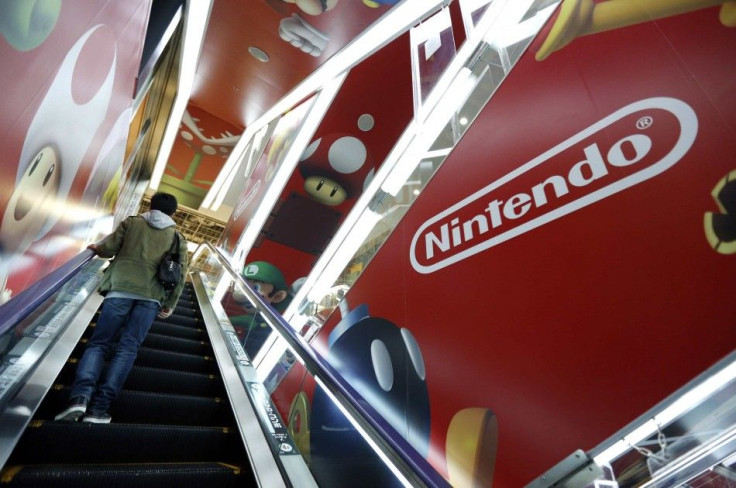Nintendo Refuses To Add Gay Characters in Tomodachi Life

Nintendo is resisting gamers’ plea to have gay characters on the popular Tomodachi Life. The electronics gaming company refuses to succumb to pressure to allow same-sex relationships in the English editions of the game.
Tomodachi Life was a hit when it launched in December in Japan, selling 1.83 million copies. The 3DS game, features Mii characters, Nintendo’s personalised avatars of players, living on a virtual island wherein they can socialise and form romantic relationships with the opposite sex.
It is set to launch in North America and Europe on June 6, but before that, fans of the game wish for the gaming giant to add gay avatars and relationships in the English versions.
A social media campaign was launched in April, seeking virtual equality for the characters.
https://twitter.com/Miiquality
Tye Marini, a 23-year-old gay gamer from the U.S., made a video to ask the company to change its mind about homosexual avatars in the game.
“It’s more of an issue for this game because the characters are supposed to be a representation of your real life,” Marini told AP in an interview. “You import your personalised characters into the game. You name them. You give them a personality. You give them a voice. They just can’t fall in love if they’re gay.”
However, Nintendo remains adamant in its stance, saying that the company doesn’t wish to make social commentary with the game.
“Nintendo never intended to make any form of social commentary with the launch of ‘Tomodachi Life,’” Nintendo of America Inc said in a statement obtained by the Associated Press.
“The relationship options in the game represent a playful alternate world rather than a real-life simulation. We hope that all of our fans will see that ‘Tomodachi Life’ was intended to be a whimsical and quirky game, and that we were absolutely not trying to provide social commentary.”
The company further explained that the English editions of the upcoming game are “localised” from its original Japanese edition, which meant that the voices and likenesses of the characters have been changed to suit North America and the UK locales and customs.
“The ability for same-sex relationships to occur in the game was not part of the original game that launched in Japan, and that game is made up of the same code that was used to localise it for other regions outside of Japan.”
Marini said that he isn’t calling for the boycott of the game, but just wants Nintendo to include gay characters in an update to Tomodachi Life or in its future instalments.
He noted, though, that Nintendo’s refusal to include homosexual relationships in the game is a form of “social commentary.”
“Tomodachi” means “friend” in Japanese, with the game marketed with the slogan “Your friends. Your drama. Your life” in the English editions.





















